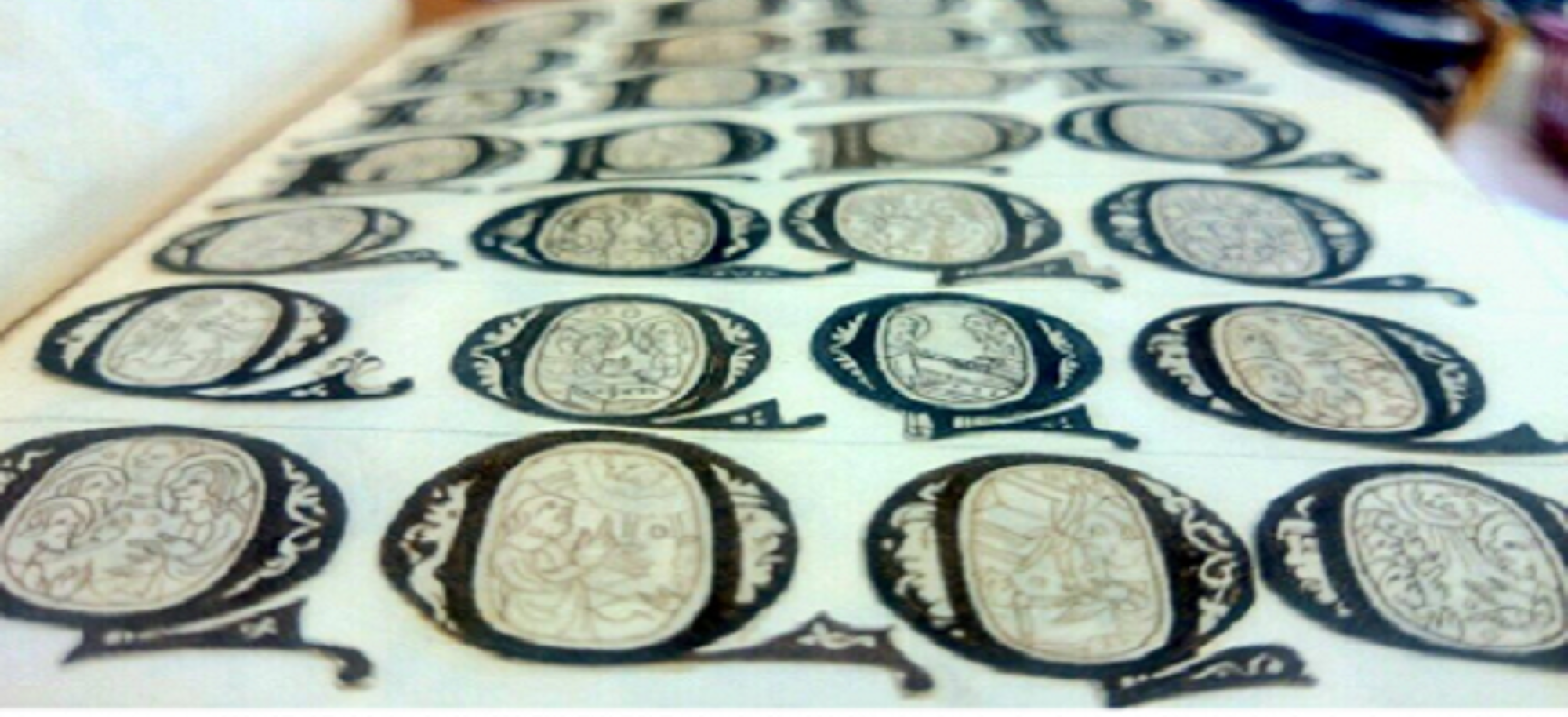
Medieval and Early Modern Research Cluster
Crossing disciplines is a hallmark of research into the medieval and early modern periods, and the School’s provision in this area is closely linked to our interdisciplinary network, Medieval and Renaissance Studies at Glasgow (MRSG). MRSG brings together some 60 specialists across and beyond the College of Arts & Humanities.
The School houses many world-class experts in medieval and early modern literature, and a large community of postgraduates (MLitt, MPhil, PhD), many of them working on interdisciplinary topics through the Network. Colleagues work on such diverse topics as religion and gender in early medieval and medieval English poetry (notably Langland studies); poetics and metrics; the application of postcolonial theory to the study of early modern literature in Britain and Ireland; comedy, satire and laughter; and early modern translation (linking with the Translation cluster).
Recent relevant initiatives include research on Celtic Shakespeare and a new international network on the history of the senses. Strengths in the study of Older Scots literary culture link this cluster with researchers in Scottish literature. Work on religious developments in the long period from Lollardy through the Reformation and beyond, and including work on Islamic, Judaic and Arabic thought, links with our Religion clusters. There is particular expertise in book history from a 'historical pragmatics' perspective, e.g. the Mellon-funded Making Medieval English Manuscripts project or the RSE-funded Textual Afterlives initiative; much work is undertaken on Glasgow’s world-famous Hunterian Collection of manuscripts and early printed books, which has significant holdings of both western and eastern materials. The cluster also hosted the Leverhulme-funded project ‘Polemical Laughter in English Literary Culture, 1500-1700’.
Outreach is a growing feature of this cluster’s work. For instance, the completion of the AHRC-funded Letters of Bess of Hardwick project was marked by a major exhibition, Unsealed: The Letters of Bess of Hardwick, held at the National Trust's Hardwick Hall, and at the National Archives at Kew, attracting over 300,000 visitors. Past conferences hosted have included those of the Early Book and New Chaucer Societies, and we regularly maintain a major presence at both events.



